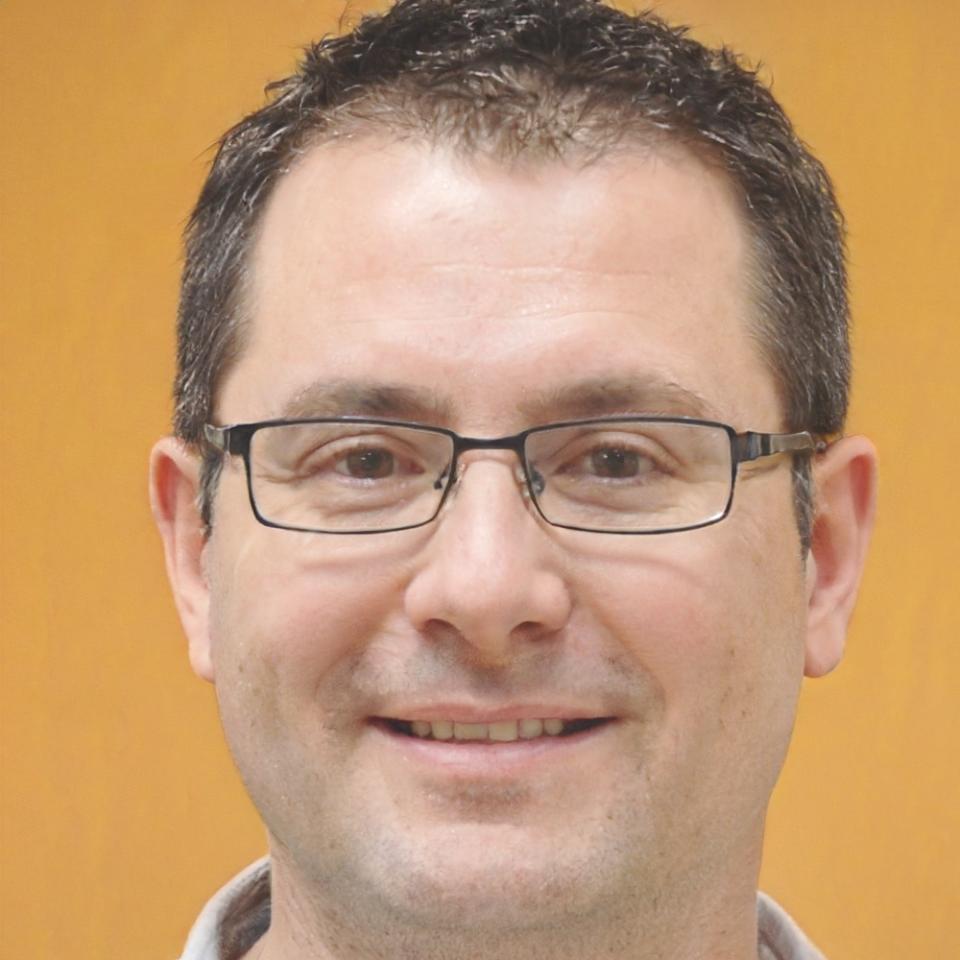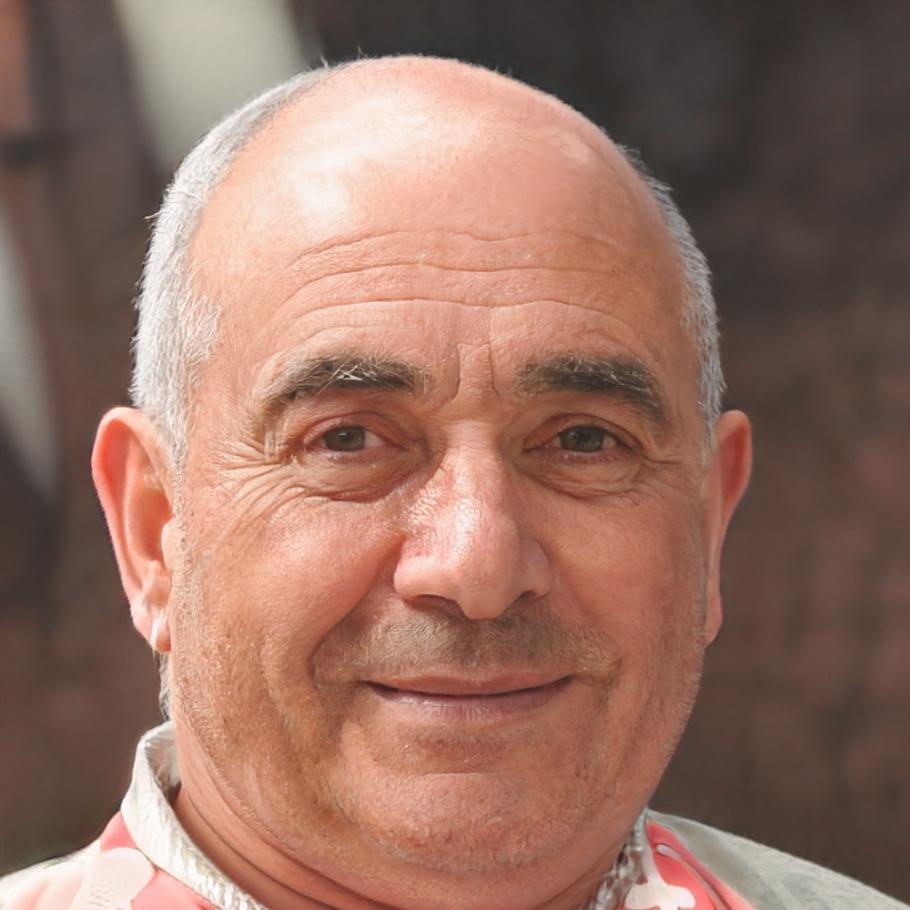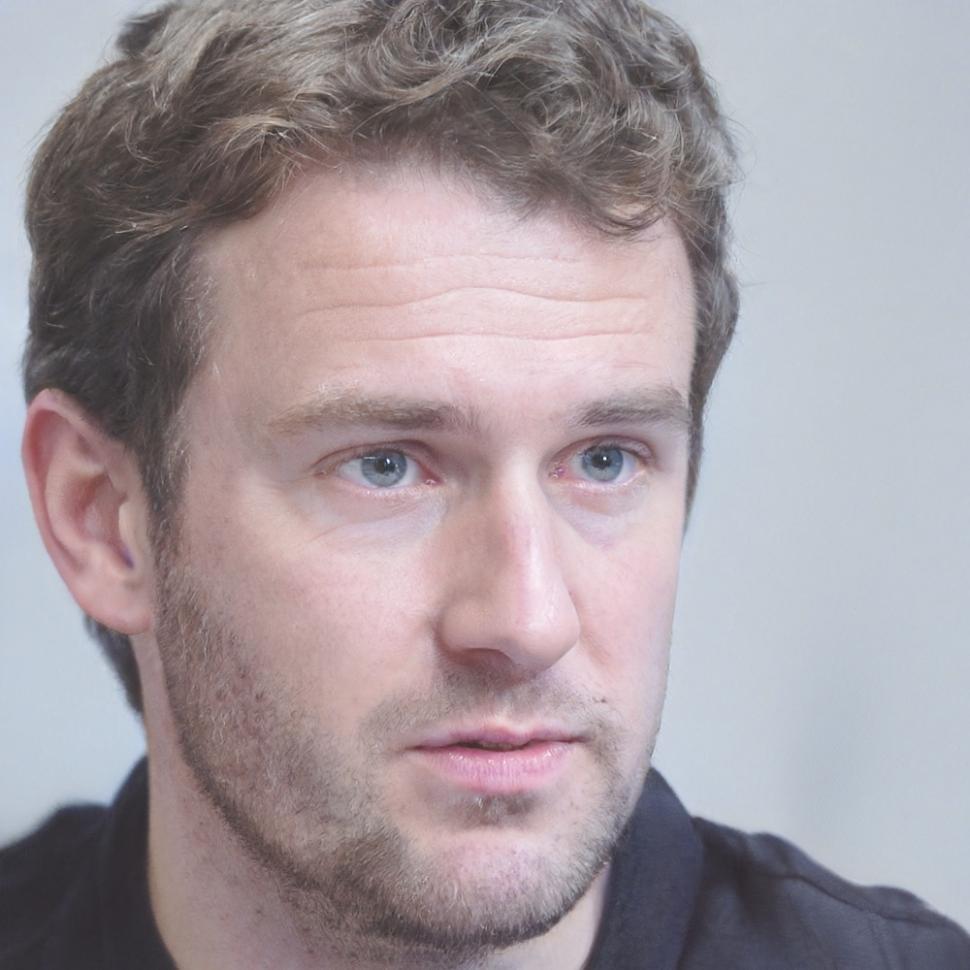Build Real Investment Skills Through Practice
Most people jump into investing without understanding how markets actually work. They follow tips from forums, chase trends, or blindly trust advisors without knowing what questions to ask.
Our program runs from September 2025 through March 2026. It's built around hands-on learning, peer discussion, and developing your own investment perspective—not quick wins or magical formulas.

How the Program Actually Works
We meet twice a week—once for structured lessons, once for open discussion. Between sessions, you'll track real investments (with your own money or paper trading), analyse decisions, and share what you're learning.
The curriculum covers fundamental analysis, risk assessment, portfolio construction, and market psychology. But honestly, the most valuable part is watching how other people think through investment decisions and learning from their mistakes—and your own.
You'll leave with a clearer sense of your risk tolerance, a framework for evaluating opportunities, and hopefully fewer illusions about "beating the market." Some participants go on to manage their own portfolios confidently. Others decide professional management makes more sense for them. Both are good outcomes.
What You'll Focus On
The program is structured around six core areas. Each builds on the last, but they're not rigid—we adjust based on group interests and current market conditions.
Financial Statement Reading
Learning to read balance sheets and income statements sounds boring. It is, a bit. But it's also the foundation for understanding whether a company is actually profitable or just burning through cash with good PR.
Valuation Methods
We cover multiple approaches to valuing assets—from simple price-to-earnings ratios to discounted cash flow models. You'll see why different methods give different answers and when each one is useful.
Risk Management
This is where most retail investors struggle. We spend significant time on position sizing, diversification, and understanding your own psychological limits before markets test them.
Market Psychology
Why do people panic sell? Why do they hold losing positions too long? We look at behavioural finance research and discuss how emotions affect decision-making—including your own.
Portfolio Construction
Building a portfolio isn't just picking good stocks. It's about correlation, rebalancing, tax efficiency, and matching your investments to your actual life circumstances and timeline.
Ongoing Learning
Markets change. Your circumstances change. We focus on developing habits for staying informed without getting overwhelmed by noise—filtering signal from marketing hype and panic.


Who You'll Learn From
Our facilitators have different backgrounds and investment philosophies. That's intentional. You'll hear multiple perspectives on the same situation—which is much closer to how real investing works.

Duncan Pemberton
Value Investing Focus
Duncan spent fifteen years in portfolio management before moving to education. He's a stickler for fundamentals and will push you to justify every assumption in your analysis. Frustrating sometimes, but valuable.

Rhys Gallagher
Behavioural Finance
Rhys comes from psychology research and got into investing through studying decision-making under uncertainty. He focuses on the human side of markets—why smart people make predictable mistakes.

Callum Vesterinen
Quantitative Analysis
Callum handles the technical side—statistical analysis, portfolio optimisation, and risk modelling. He's good at explaining complex concepts without drowning you in maths you'll never use.
Applications Open July 2025
We keep groups small—maximum twenty participants—so there's room for discussion and individual feedback. If you're interested in the September intake, get in touch early. We prioritise people who've thought seriously about their investment goals.
Contact Us About the Program